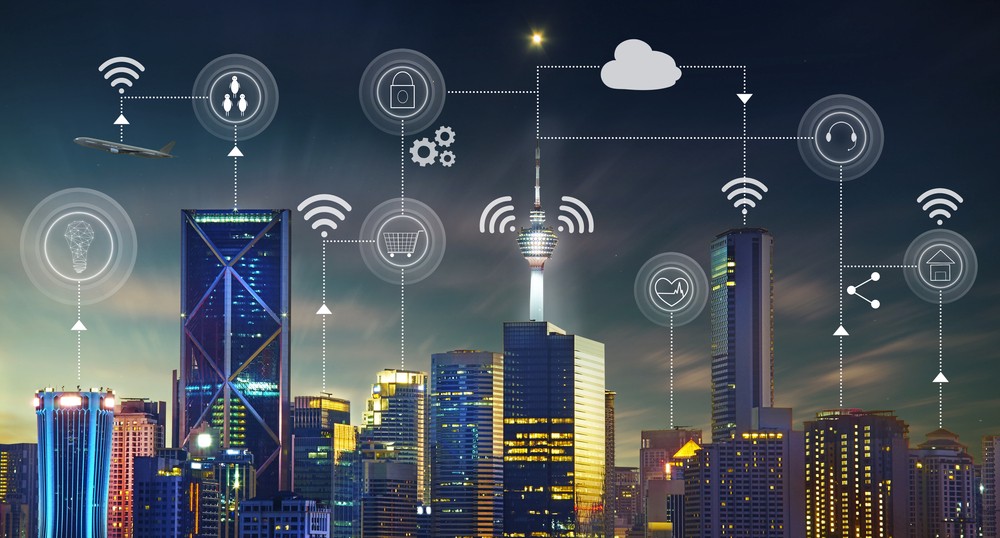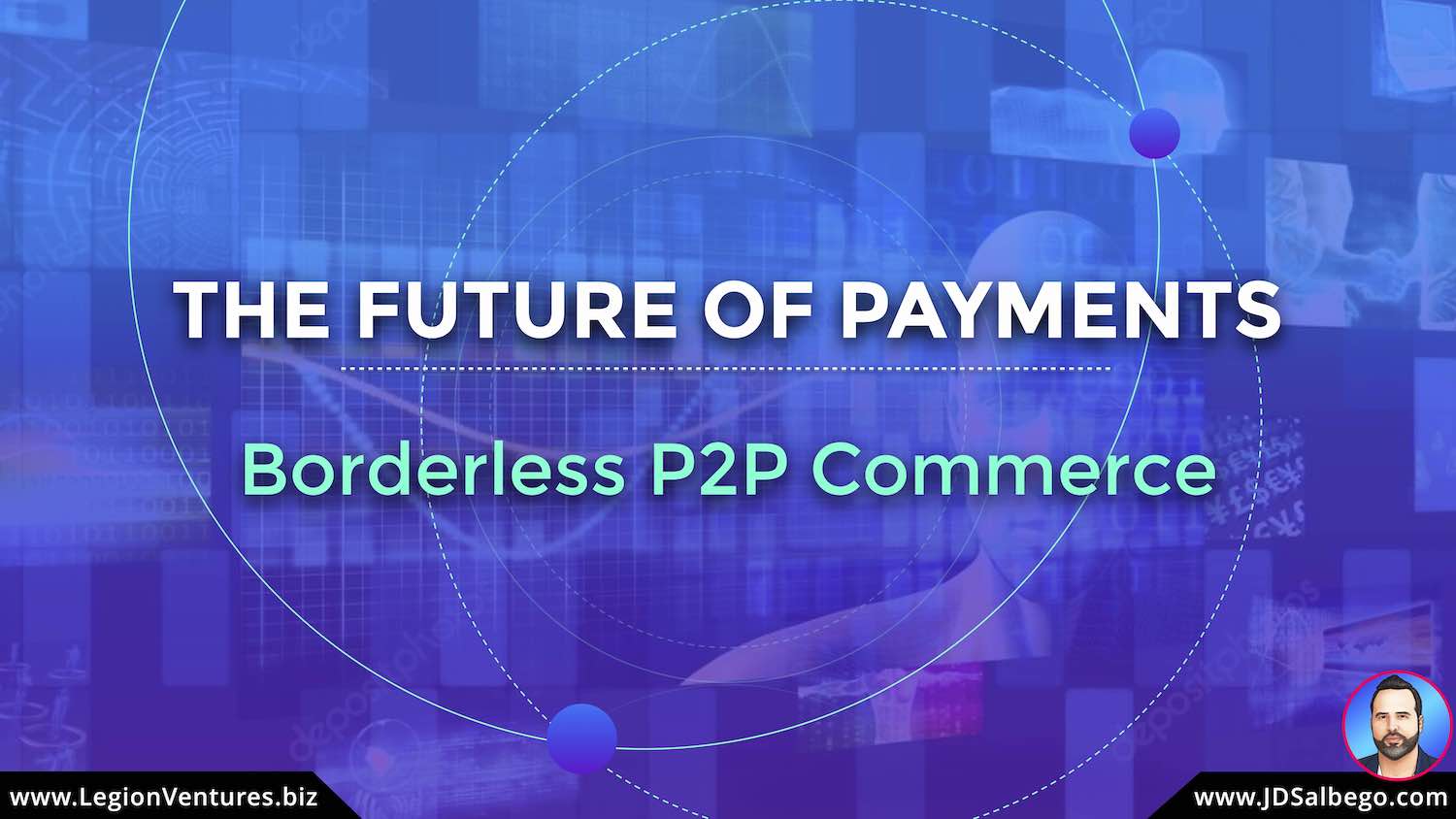Smart Cities Are The Future
The term ‘smart cities’ often conjure a future where taxis fly, and unmanned automated mass transportation moves us where we want to go. Automated sensors allow freedom of movement without the need to manually authenticate at each doorway we approach.
To say that future is long off is an overstatement. That future is now as evidenced by Dubai’s trains, taxis, business and government office space. Smart cities are emerging as technology becomes available to facilitate and at times, disrupt current business practice and governance of municipalities.
According to McKinsey, the number of smart cities will reach 600 worldwide by 2020. Additionally, five years later, 60 percent of worldwide GDP will be produced by these cities. It seems digital technologies may well become the engine of economic progress, and that blockchain technology, without a doubt could be the foundation of this change.
As mentioned earlier regarding Dubai’s status as one of the most digitally progressive cities in the world, smart cities are being built today. It is not just about cryptocurrencies or payment services. Whole cities have processes planned with blockchain technology in mind.
A few benefits from blockchain technology led innovation in smart cities:
Reliable local business registry
Providing a 360-degree view of the business from registration to current state. A trustworthy view is provided as interested parties access the transparent history, legal and public accounting of the business.
Virtual storefronts
Blockchain will assist smart cities create integrated solutions for local ecommerce. These storefronts are available for each business sector including retailers, restaurants, service providers, lodging and travel options. Within the smart city platform, blockchain would be used as a secure method from which transactions, payment and identification authentication would be facilitated by blockchains peer-to-peer distributed ledger technology.
Trade and finance
Blockchain technology brings with it a transparency that allows authenticated parties to see the current supply chain demand and pricing according to that demand including markups. Needless layers of verification would be stripped away as each party will have already authenticated themselves prior to the transaction. Reduction in fraudulent activity here is significantly reduced. By 2020, $4 of every $1000 of online payments are projected to be fraudulent. This translates to $25.6B. By virtue of its secure transactions, blockchain technologies impact on this number will be significantly reduced its adoption in the coming years.
Financial payments and money transfers, currently the most popular use of blockchain technology becomes increasingly useful for smart cities. Transfers of funds would be made easier for small business as they would be secure and direct to the city, or any individual or supplier worldwide. This would happen almost instantly as the ‘middleman’ would no longer exist.
Employment registry
Transparency of employment history contributes to more certainty when hiring for common services like plumbing or electrical work.
Contracts and notary services
Once specific pre-conditions are met, smart contracts will be executed autonomously between two to several parties. These transactions are immutable and created without the need for a third party. The process is faster and less expensive. Storing of these contracts is now secure given blockchains distributed network. Additionally, notary services will be cheap and convenient. Today, a web application (Stampd.io), uses blockchain to authenticate digital creations proof of ownership.
Blockchain Enhances Smart Cities Technology
Currently, more than 50% of the global population lives in cities. That figure is expected to grow to 67% in thirty years. These cities will be taxed with challenges from administrative, organizational, logistical, social and environmental sectors that blockchain technology is designed to assist.
The migration to blockchain is a great opportunity for smart cities to rethink many different aspects of how they currently manage their assets, departments and processes. Blockchains role is to bring a secure, stable and timely response to issues of authentication and trusted transactions to better serve its citizens. Moving forward given blockchains technological innovation, is not only the key to progress but is the most logical path to its distributed, robust and transparent economic model.






